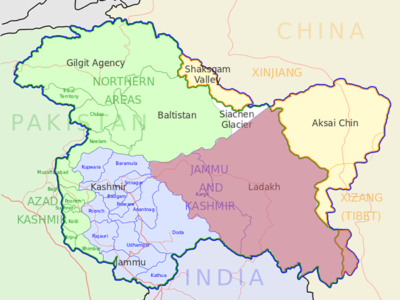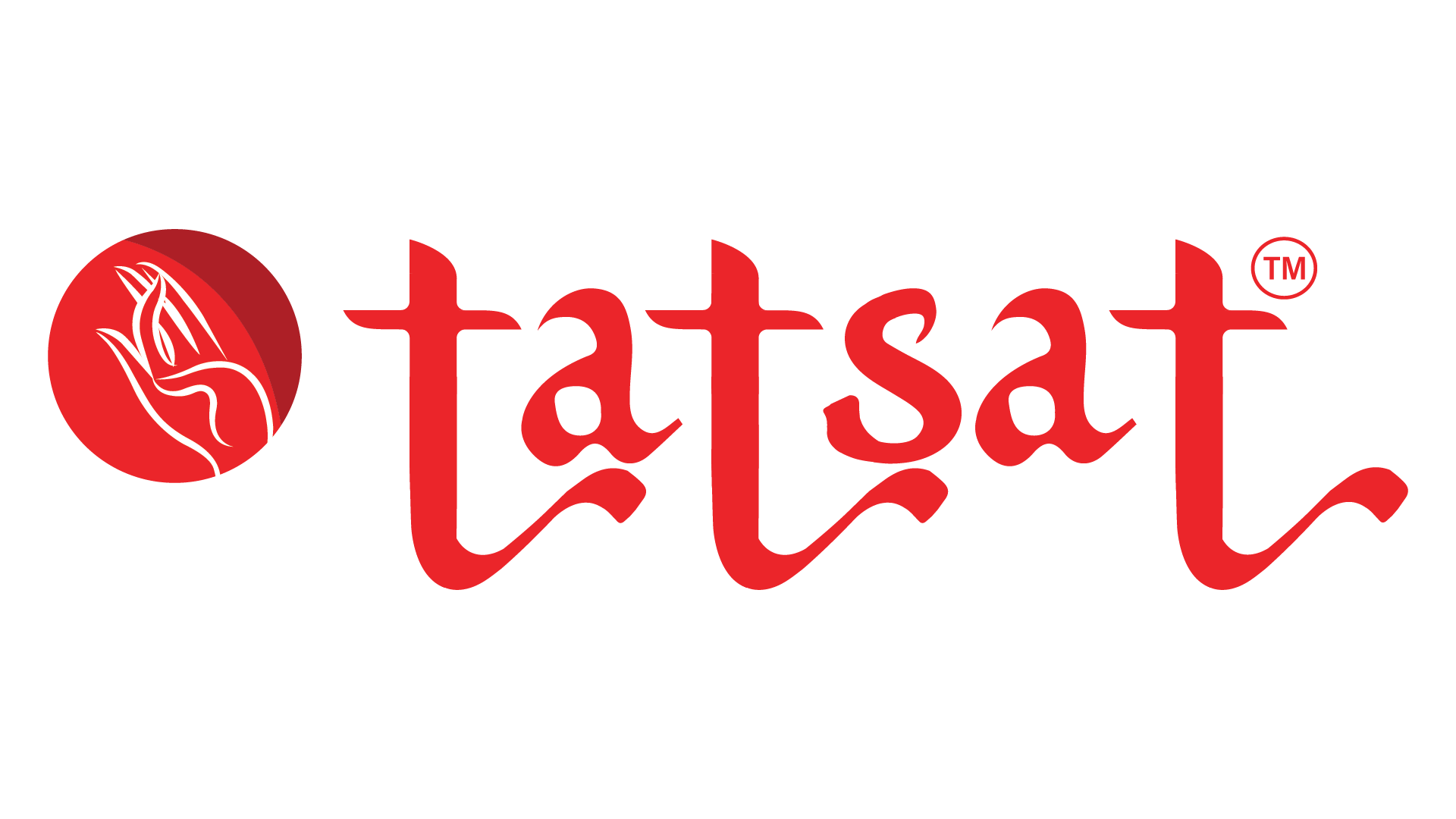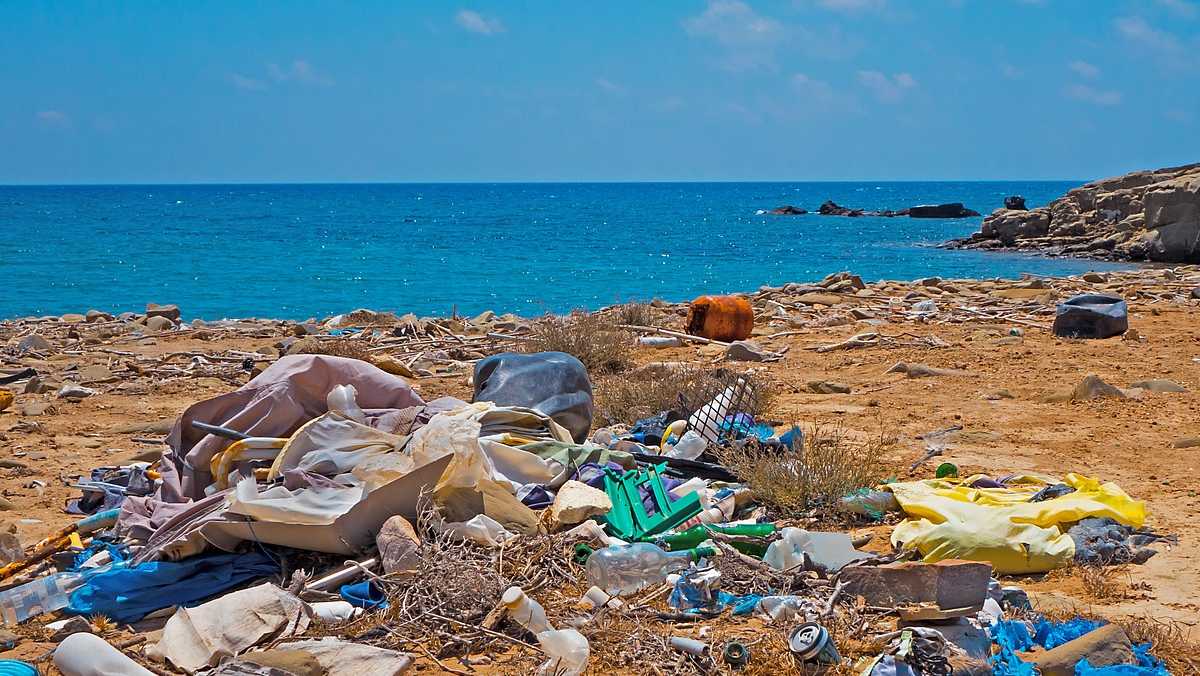
2 New Union Territories- J&K, Ladakh
The revoking of Kashmir’s special status is going to be one of the most historic decisions taken by Prime Minister Narendra Modi. On August 5, 2019, the Union government abrogated Article 370 of the Indian Constitution which had guaranteed special status to J&K, scrapped Article 35A that protected exclusive privileges of its permanent residents as defined under its provisions, and bifurcated the state into two Union Territories–J&K with a legislature and Ladakh without a legislature. This move was part of the BJP manifesto. Kashmiri Pandits have been seen rejoicing as reported by the media.
Interestingly, at the time of India’s Independence in 1947, the raja of Kashmir, Hari Singh, wanted to remain independent. But soon afterwards, he was not in a position to fight the tribal raiders sent out by Pakistan and had to ask for India’s help, and hence Kashmir decided to become a part of India. Kashmir’s special status under Article 370 came about as a result of the political discussions held therein.
India Today reported (https://www.indiatoday.in/india/story/day-after-peaceful-i-day-celebrations-in-jammu-kashmir-unsc-to-hold-closed-door-talks-on-kashmir-10-points-1581215-2019-08-15) a day after the Independence Day was celebrated peacefully in Kashmir with no reports of violence, the United Nations Security Council (UNSC) had decided to hold a closed door meeting on India’s decision to revoke Article 370, which granted special status to Jammu and Kashmir.
What is Article 370
The Article was a “temporary” provision in the Indian Constitution with respect to Jammu and Kashmir. It limited the powers of Parliament to makes laws for the state. J&K had its own constitution, and own flag, and the Central Government had powers only related to matters of defence, external affairs and communications.
What is Article 35 A
The President added Article 35A to the Constitution of India through a statutory order on May 14, 1954 providing protection to permanent residents of J&K as defined under the state constitution as well as their “special rights and privileges” like employment, acquisition of immovable property and right to scholarships and “such forms of aid as the state government may provide.”



